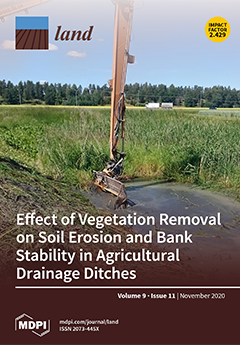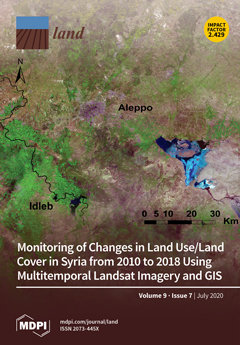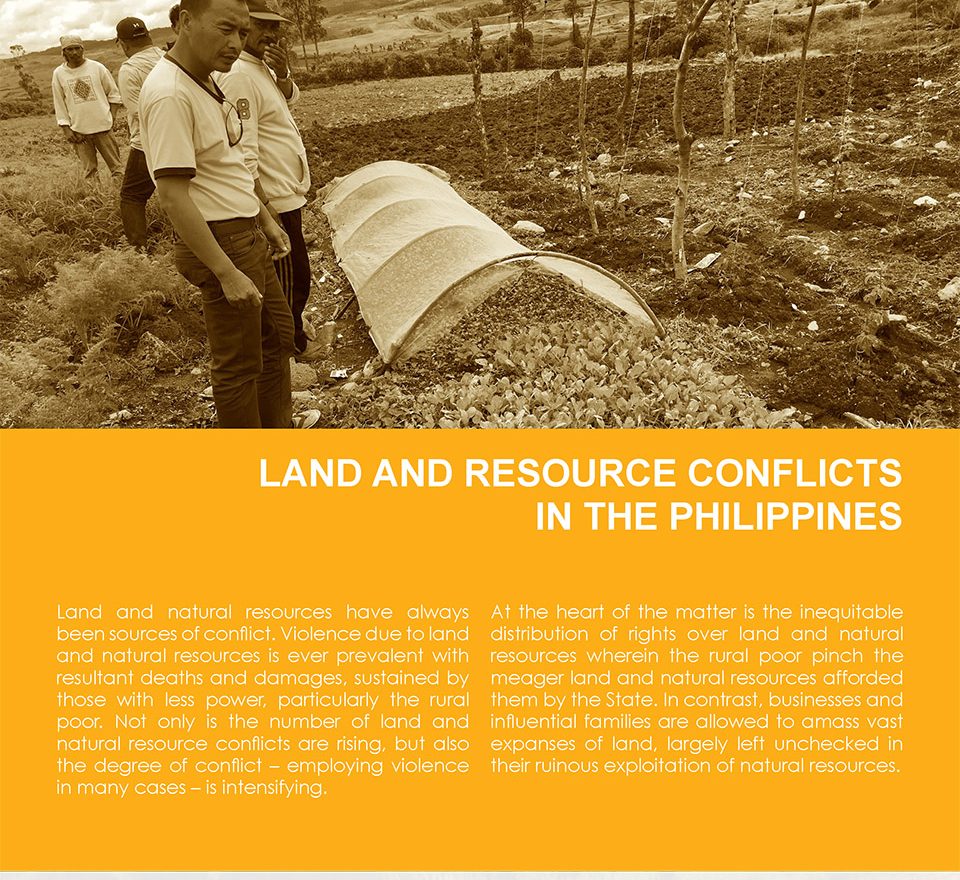Many Philippine species are at risk of extinction because of habitat loss and degradation driven by agricultural land use and land-use change. The Philippines is one of the world’s primary banana and pineapple producers. The input-intensive style of plantation agriculture for these typically…
Allotment gardens are quite common in many European countries. In particular, they are an important part of the urban space in Central and Eastern Europe. They served to improve the inhabitants’ physical and mental well-being during the communist period and relieved the family budget thanks to…
In today’s agriculture, maize is considered to be one of the major feed, food and industrial crops. Cultivation of maize by inappropriate agricultural practices and on unsuitable sites is connected with specific risks of soil degradation, mainly due to water erosion of the soil. The aim of this…
Urbanization of the countryside affects rural areas, especially in the immediate surroundings of large cities. Normally, this occurs as an unpromoted process, but in Chile, it is driven by the legal framework. This research focuses on rural residential plots (RRPs) around the capital city,…
Forests play a crucial role in the fight against global climate change. The communities that live in and around forests are well-placed to carry out climate change mitigation and adaptation strategies. The Association of Southeast Asian Nations (ASEAN) recognizes that social forestry enables…
A singular and modest activist action, a temporary park created in San Francisco, grew into the global urban Park(ing) Day (PD) phenomenon. This tactical urbanism event not only expanded to be annually celebrated in thousands of parking lots all over the world but became an inspiration for urban…
We estimate how a shift towards a more extractive resource policy, brought about by a regulatory reform of the mining sector, affected civil conflict in the Philippines. Our empirical strategy uses a difference-in-differences approach that compares provinces with and without mineral deposits…
This policy brief discusses the opportunities and challenges facing social forestry in Southeast Asia and recommends that ASEAN Member States, universities and international research organizations mainstream participatory action research (PAR) in social forestry to overcome these challenges and…
This policy brief examines the legal reform process in forestry across ASEAN Member States and provides pathways for other countries to learn more about successful implementation of legal reform.
Concerns over food insecurity in developing countries are reflected in the Sustainable Development Goals (SDGs) to end hunger, achieve food security and improved nutrition, and promote sustainable agriculture by 2030. Given that land plays an important role in the livelihoods of most people in…
Participatory forest management has been considered as a practical and effective strategy for sustainable forest management, especially in situations where land tenure is not securely settled. For effective forest restoration, local communities, as the cornerstone of participatory management,…
A range of interventions within the scope of ecosystems-based adaptation (EbA) are being deployed to address the continuing degradation of forest cover, within protected areas and biodiversity conservation corridors in Cambodia. Ecosystem adaptation has involved the use of ecosystem services as…











